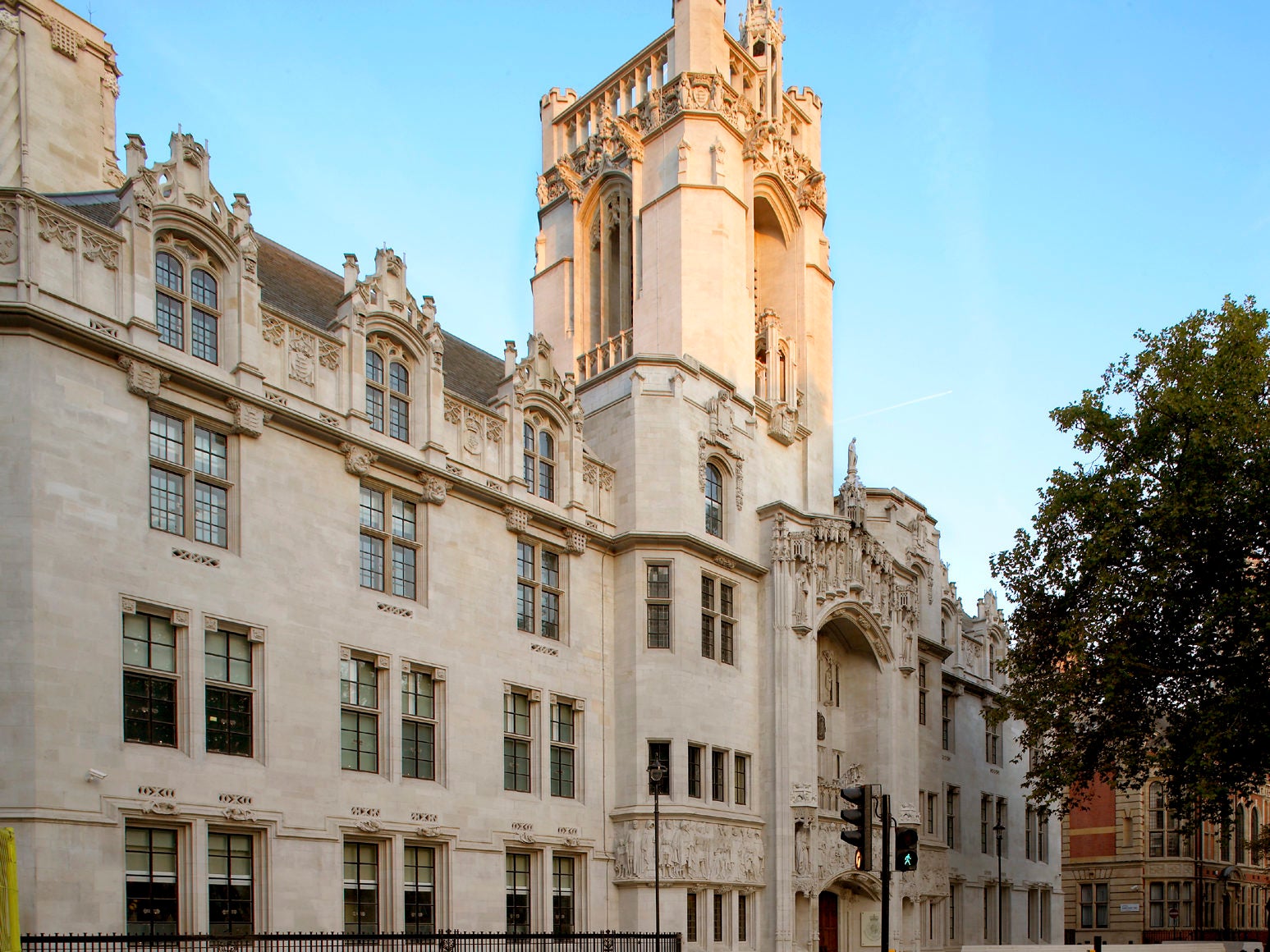
Freelance journalist Carole Cadwalladr has applied for permission to appeal to the UK Supreme Court against a £1m costs order in her libel battle with businessman Arron Banks.
The costs order was made last week after Banks won a partial victory at the Court of Appeal.
Press Gazette understands Cadwalladr and her legal team are prepared to take the case all the way to the European Court of Human Rights if necessary.
She is appealing against an order that she must pay 60% of Banks’s legal fees (said to be £559,667) and her own costs (of £512,870).
The case centres on a statement in her 2019 TED Talk, broadcast online, in which she said: “And I am not even going to get into the lies that Arron Banks has told about his covert relationship with the Russian Government.”
The damages of £35,000 and costs relate to her continued defence of the case after the Electoral Commission stated in April 2020 it accepted the National Crime Agency’s finding that there was no evidence Banks had committed a criminal offence or received funding from a third party.
Lawyers for Cadwalladr, Gavin Millar QC and Aidan Wills of Matric, say the costs order is “a severe penalty against the defendant for establishing in legal proceedings that she spoke lawfully in the public interest”.
Citing Article 10 of the European Convention on Human Rights, they state the order is a serious interference with the journalist’s right to freedom of expression, which will have a chilling effect and discourage the media from “disseminating information on matters of legitimate public concern”.
Her lawyers have asked for the costs order to be stayed pending the outcome of their request to appeal the case.
A Go Fund Me appeal to cover Cadwalladr’s legal costs has so far raised raised nearly £800,000.
An earlier appeal on Crowd Justice has raised nearly £300,000.
Cadwalladr believes the case should have been defended by publisher Guardian News and Media because it had prior site of her TED talk and the contentious statement was based on her previous reporting for The Observer.
She told Press Gazette: “As an organisation, it needs to understand that targeting an individual journalist in this way is a part of a recognised ‘playbook’ that has been used against multiple (mostly female) journalists around the world to stop their reporting and silence their voices. Its failure to acknowledge this and the new hybrid threat landscape that journalists face poses a risk to other journalists, I believe.”
Email pged@pressgazette.co.uk to point out mistakes, provide story tips or send in a letter for publication on our "Letters Page" blog
